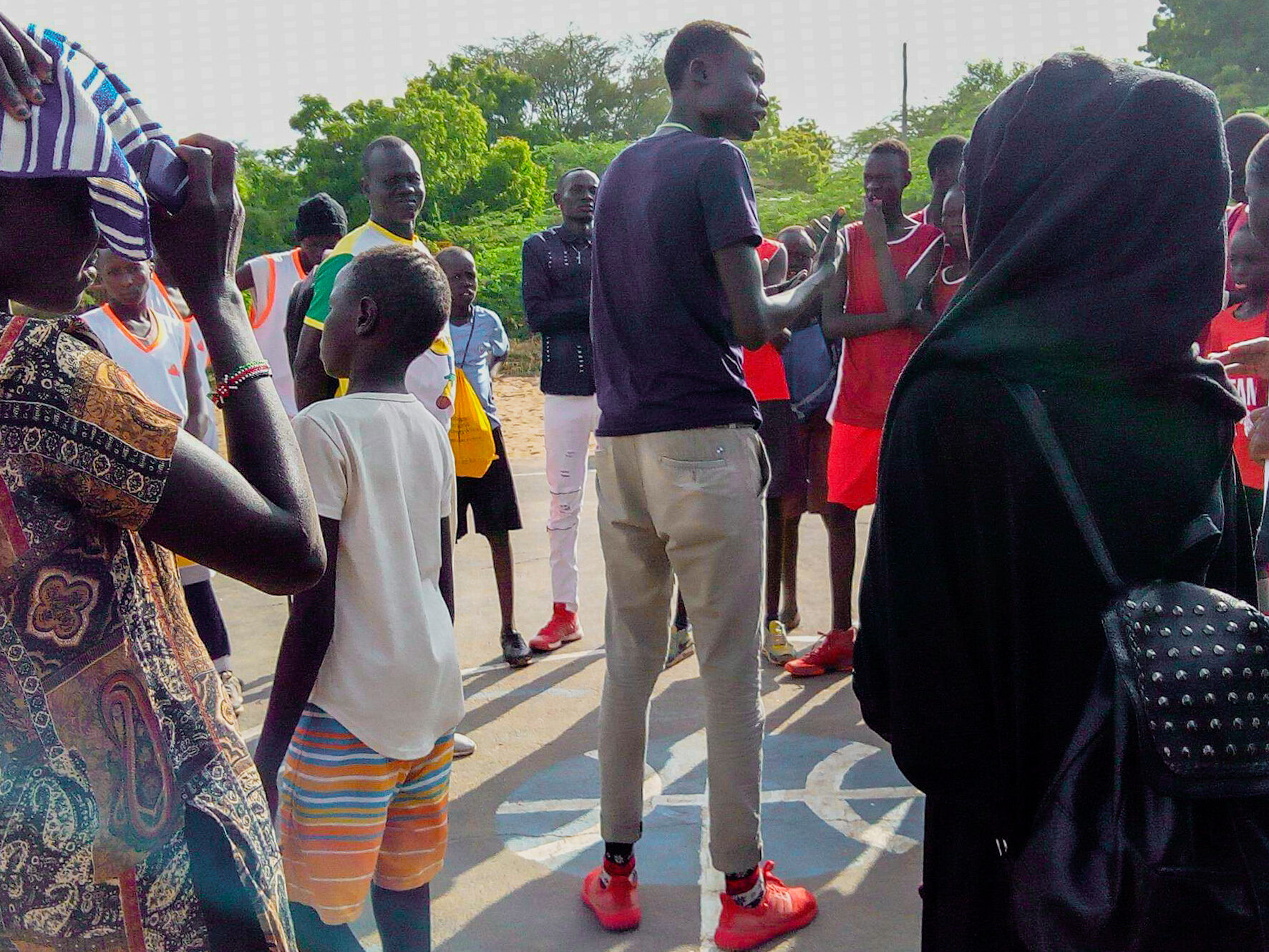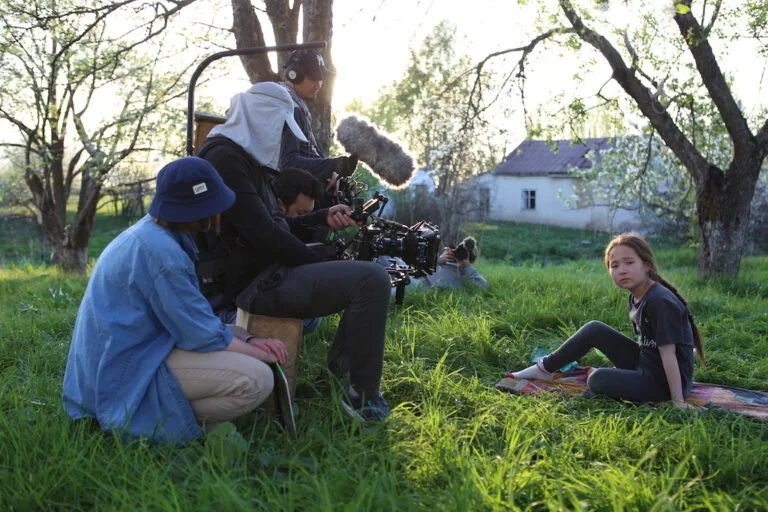MALI – ANIMATION TRAINING CAMP
In collaboration with the production of TAANE, a feature-length comedy
Camps training animators and producers are happening in conjunction with the production of a positive, empowering, funny feature film called TAANE. The film follows the whimsical modernity of a triple widow and entertains while sending a message that family and social governance are possible despite the burdens of traditions. The film camp will train 5 animators to produce the animated portions of the film. Taane is scheduled to be completed in 2022 and will air on national and international channels.
TANZANIA – SOCIAL MEDIA INFLUENCER CAMP
With skills and mobile kits to become citizen journalists, FilmAid partnered with Internews Tanzania to work with citizen journalists in creating short films for social media like TikTok, Instagram and FB. Each journalist was given a small mobile media kit and learned about producing short videos for social media. Here is one short video from this camp by influencer and camp participant Martha Ngwada.
ESTONIA – YOUTH FILM CAMP
Internews’ program Supporting Independent Media in the Baltics Action (SIMBA) team is running a film camp at the Sillamäe Youth Center with support from FilmAid. The camp will run 2-3 weeks with a mix of on-site and online training culminating in completed documentary films. After the camp concludes, participants will receive follow-up mentoring sessions for two months to complete the films.
GEORGIA – FILMMAKER CAMP
FilmAid has partnered with the Georgian Insititute of Public Affairs and its Caucasus School of Journalism and Media Management to conduct a week-long documentary filmmaking workshop for 12 participants. With the support from five mentors of the Georgian Institute of Public Affairs' Docu Festival, the workshop produced six documentaries. The program finished with film screenings at the annual GIPA film festival in Tbilisi and alongside a pitch for additional funding.




